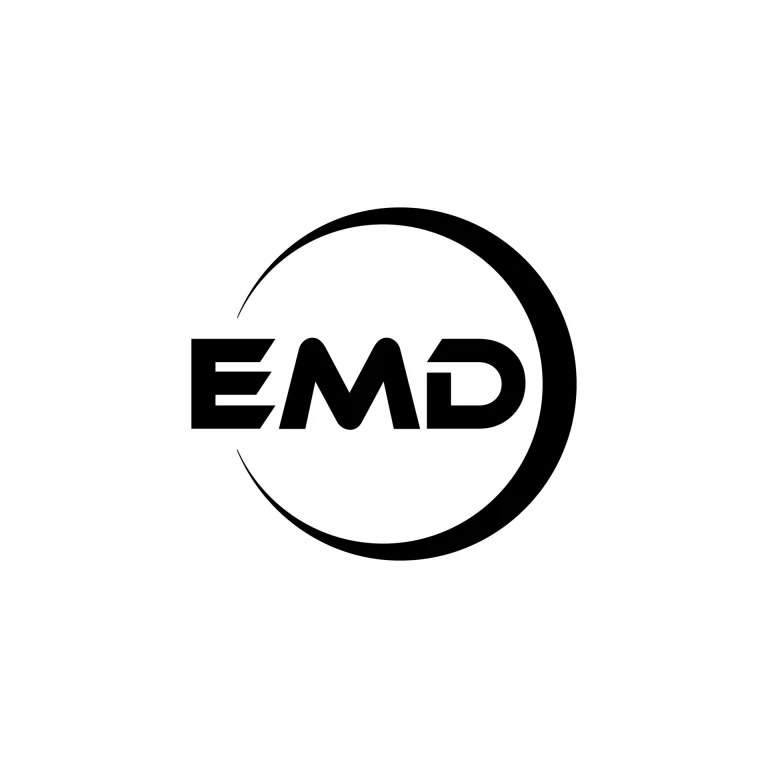EMD stands for “Earnest Money Deposit.” It is an essential term used in real estate and business transactions. It is the sum of money that the buyer pays to the seller as proof of their seriousness in buying a property or entering a contract. In this article, we will discuss in detail the full form of EMD and its importance in various industries.
What is the Full Form of EMD?
The Full Form of EMD is “Earnest Money Deposit.” As the name suggests, it is the money that the buyer pays as a sign of their earnestness and commitment to the transaction. The seller holds this amount until the sale or contract is closed.
Importance of EMD in Real Estate
In real estate, EMD is a crucial aspect of the home buying process. It shows the seller that the buyer is serious about purchasing the property. The amount of EMD is usually 1-2% of the total sale price. The buyer pays this amount to the seller when they make an offer. The seller holds this money until the sale is complete or terminated.
EMD ensures that the seller does not entertain any other offers from potential buyers while they are in the process of selling the property. It also protects the seller from any financial loss in case the buyer decides not to proceed with the purchase.
The advantages of EMD in real estate include:
- Demonstrating seriousness: By making an EMD, the buyer demonstrates their serious intent to purchase the property, which can increase the seller’s confidence in the transaction.
- Competitive advantage: When multiple buyers are interested in a property, the buyer who has made a higher EMD may have an advantage over other buyers.
- Negotiating leverage: If a buyer makes a significant EMD, they may be able to negotiate more favorable terms with the seller.
- Protection against the buyer backing out: If the buyer backs out of the transaction without a valid reason, the seller may be entitled to keep the EMD as compensation for the time and effort spent on the transaction.
- Protection against the seller backing out: If the seller backs out of the transaction, the buyer may be entitled to a refund of the EMD, providing some level of protection.
- Reducing the likelihood of fraudulent offers: Requiring an EMD can discourage fraudulent offers, as scammers are less likely to make a deposit.
Importance of EMD in Business Transactions
EMD also plays a vital role in business transactions. In some industries, EMD is paid as a security deposit when bidding for contracts. It shows the buyer’s commitment to fulfilling the terms of the contract if they are awarded the project.
The EMD amount varies depending on the contract’s value and the industry’s standards. It can range from 1-10% of the total contract value. EMD is refundable if the buyer is not awarded the contract or if they decide to withdraw their bid.
The advantages of EMD in business transactions include:
- Demonstrating serious intent: An EMD serves as proof of the buyer or bidder’s seriousness and commitment to complete the business transaction, which can increase the seller’s or other party’s confidence in the deal.
- Competitive advantage: In situations where multiple buyers or bidders are interested in the same business deal, the one who makes a higher EMD may have a competitive advantage over others.
- Protecting the seller: Requiring an EMD can help protect the seller against non-serious or fraudulent buyers or bidders, as they are less likely to make a deposit.
- Reducing the risk of backing out: By making an EMD, the buyer or bidder is more committed to completing the transaction, which can reduce the risk of them backing out.
- Providing a financial cushion: An EMD provides a financial cushion to the seller or other party in case the buyer or bidder fails to complete the transaction, as they may be entitled to keep the deposit as compensation for time and effort spent on the deal.
- Negotiating leverage: A higher EMD may provide the buyer or bidder with some negotiating leverage in the transaction.
Conclusion
In conclusion, EMD is an important term used in real estate and business transactions. It assures the seller or client that the buyer is serious about the transaction and will fulfill their obligations. The amount of EMD varies depending on the industry and transaction value. EMD protects the seller from financial loss and ensures a smooth and secure transaction.



